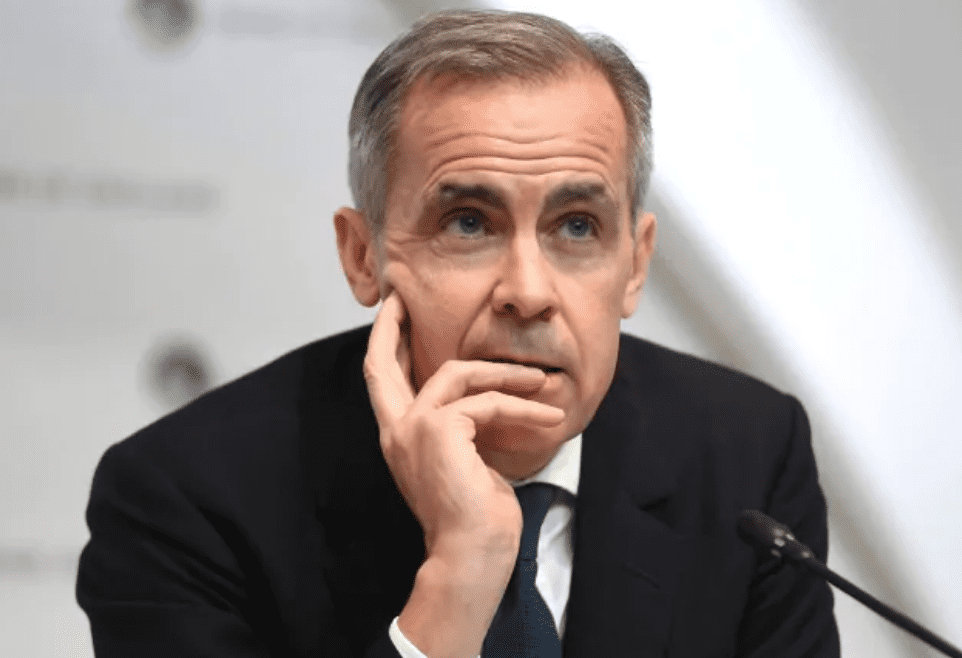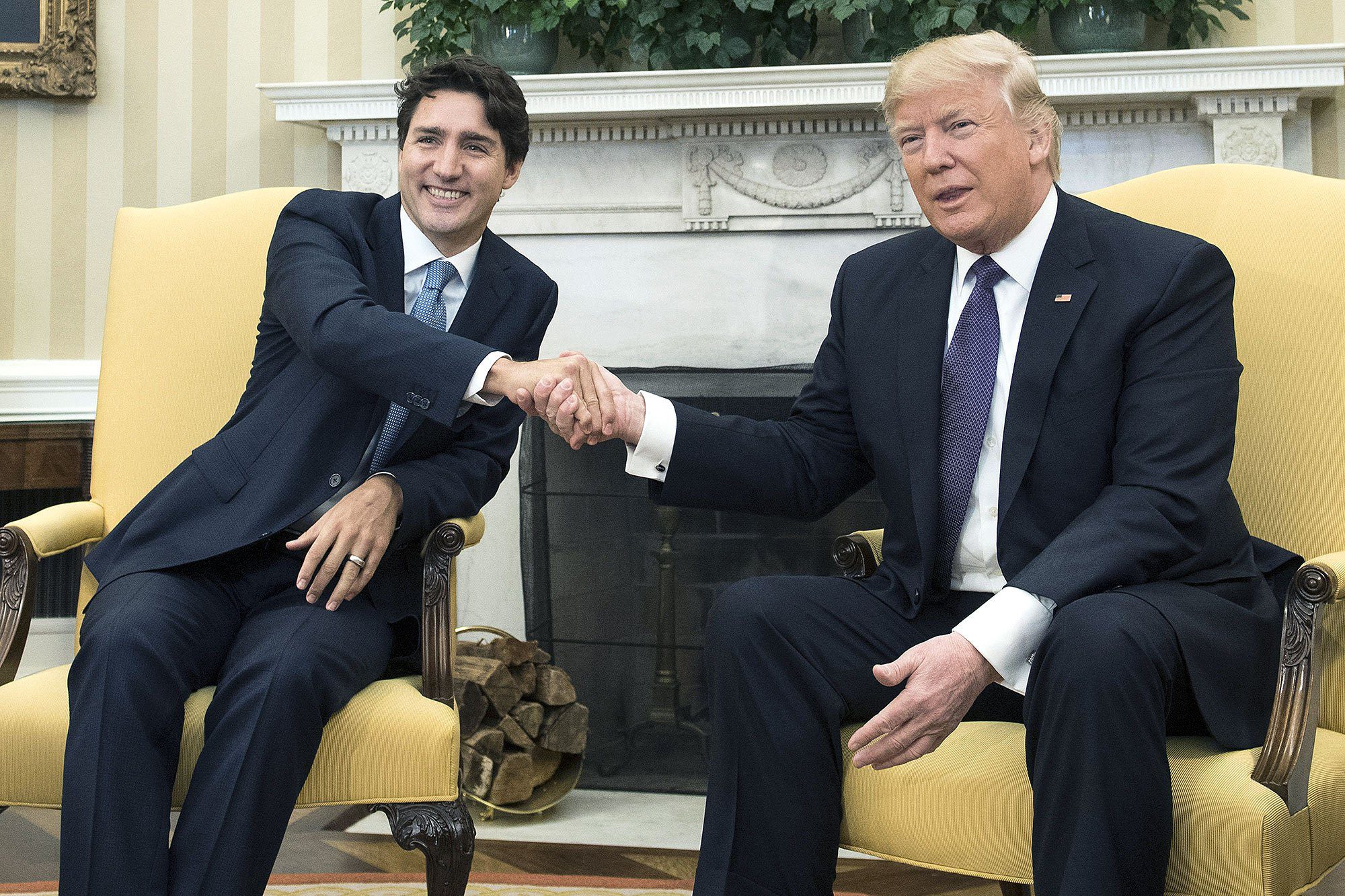Tongues began wagging over the Canadian political social media on Monday as it was reported that former Bank of Canada Governor Mark Carney has been advising the prime minister on a very informal and unpaid basis as part of the current economic crisis brought about by the global pandemic. Immediately, people began sizing up Carney as a potential replacement for finance minister Bill Morneau, whose time as finance minister would appear to be nearing its end, his ethical lapses around the WE Imbroglio adding to the fact that his suitability for the role was in decline before those revelations were made. Those same voices started immediately seeing a seat for Carney in York Centre, which will become vacant next month, and others still see this as a path to Liberal leadership. I cannot stress enough how much all of this is a very, very bad idea.
Carney has made his mark as a central banker, both in the Bank of Canada, and later the Bank of England, where he helped that country steer through the economic crisis brought on by Brexit. Most recently, he accepted an appointment from the United Nations as a Special Envoy on Climate Action and Finance. His return to Canada has a lot of people hoping he will make the jump to politics, which is the one thing he should stay the hell away from. Why? Because it is crucial that the Bank of Canada maintain its independence from government, and having its former Governor make the leap to the political realm will inevitably taint the institution, and cast suspicion on all future governors.
The independence of Bank of Canada governors has been tested in this country once before, during the Coyne Affair. In 1961, then-Governor James Coyne (father of columnist Andrew Coyne) was being pressured by then-prime minister John Diefenbaker to lower interest rates as economic stimulus after the government had spent and borrowed heavily in their own stimulus efforts. Coyne refused, and a short while later, Diefenbaker tried to force Coyne out of the job by passing a bill declaring his position vacant after Coyne accepted a higher pension. The Senate killed the bill, and Coyne resigned shortly thereafter, but his successor, Louis Raminsky, demanded clear rules before accepting the position, which led to the Bank of Canada Act being rewritten.
At the start of the current financial crisis, we did see a very unusual sight in the outgoing Bank Governor, Stephen Poloz, appearing on stage with Morneau and the Superintendent of Financial Institutions, Jeremy Rudin, to announce the approaches that monetary and fiscal policy as well as bank regulation were taking to head off the coming economic damage. Great pains were taken, however, to note that they did not coordinate responses and that the government was not dictating the actions of these independent institutions, which is important for there to be confidence in them.
Carney already has a blemished on his record when it comes to flirting with politics, when there was an attempt to recruit him into the Liberal leadership contest in 2012, before Justin Trudeau eventually swept the race. At the time, Carney insisted that he never actively sought out the job or reached out to the Liberals, though I have heard conflicting reports on that fact from Liberals. Shortly thereafter, Carney took the job offer from the Bank of England, and while the Globe and Mail reported that Carney had expressed doubts about going directly from his role at the Bank of Canada directly into electoral politics, it should be stated that there should be no going from the Bank to politics at all, never mind directly or with a fallow period in between. (And lest anyone think Carney is merely attractive to Liberals, a poll conducted early in the current Conservative leadership cycle had Carney's name floated).
Bank of Canada governors need to be kept separate from partisan politics in perpetuity because monetary policy needs to be seen to be credible within our system, where Parliament sets the goal in this case, keeping inflation within the one-to-three percent range and the non-partisan civil servants execute that goal as they see fit without interference. We can't have people second-guessing the Bank's guidance by parsing it through the lens of partisan politics which party's agenda is the Governor acting under? Which party is the Governor angling for a new job with? We need to look no further than what has happened south of the border with how the Trump presidency has treated the Federal Reserve to know that this is not a system we want to emulate. If Carney makes the jump to electoral politics, then he risks tainting all future Bank Governors to this kind of parsing.
The added problem with Carney is that it also fits into this particular government's adherence to influencer culture because they can treat Carney as something of a celebrity endorsement that it may look good for their brand to have Carney giving them advice, but there are broader consequences, particularly if it starts being seen as a jumping-off point for a political career. It would also be completely on-brand for this government to do something in the moment because they think it will poll well without considering the broader institutional damage they will have wrought kind of like the complete mess they made of the Senate and Rideau Hall. As well, seeking this kind of endorsement for "advice" has the very real danger of replicating the problem that has emerged with former Supreme Court of Canada justices, where their opinions are being sought for political cover all over the map, to the point now where it is becoming a recurring joke. Doing the very same for former Bank of Canada Governors would have a similar deleterious effect, which we really don't want. Nothing good can come of Carney getting into the political orbit. He needs to stay the hell away, for the good of all our political institutions.
Photo Credit: CBC News








